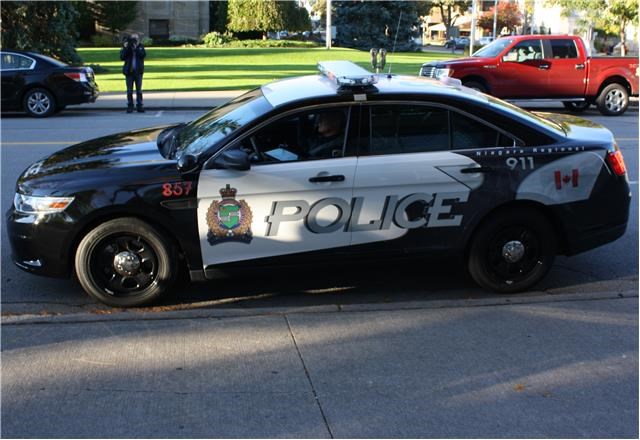Criminals able to manipulate caller ID, make it seem as if friend or family is calling
One of the unfortunate byproducts of a pandemic is increased presence of scammers, those devious individuals that would prey on the old or naive to take advantage of them financially, and gain access to their homes or credit card information.
Retired realtor Ann Gledhill told the Voice that she recently received a telephone call from a “Good Samaritan” Fonthill resident who said that she doesn’t answer her telephone unless she recognizes the display of a name or number known to her.
“On her phone’s call display was my name, and so knowing me from many years as a realtor, who she trusted, she answered the call. It was a man who said that he would come around to check on her furnace,” said Glenhill.
The Good Samaritan hung up and called Gledhill directly to inform her of this breach of privacy and identity fraud.
“I am most concerned that some scammer would use my reputation to gain access to an unsuspecting household for criminal means,” said Gledhill.
She called Cogeco, her phone service provider, and also the Niagara Regional Police fraud unit, but they were unable to ascertain how the man obtained access to her name for caller display purposes over the telephone.
Gledhill also contacted the Voice in the hope that people would recognize the need to be wary of scammers operating in the area.
Constable Jesse Vujasic of NRP’s media relations department told the Voice that these scams are quite common, since the technology exists for scammers to manipulate phone numbers.
“If a person has any doubt about the caller, they should hang up and call the true number or find an alternative proven way to contact the true person,” said Vijasic.
The NRP website includes a detailed section on protection from fraud, and provides a link to the Canadian Anti-Fraud Centre: https://www.antifraudcentre-centreantifraude.ca.
The Centre indicates that in 2019, telephone calls were the main contact method used by scammers. Automated dialing involves a device or software that automatically dials telephone numbers. Scammers may use lists of phone numbers, or set up the dialer to call all possible configurations of phone numbers in a given region.
Robocalls utilize an auto-dialer to deliver a pre-recorded message. The recorded message may use a computerized voice, or that of a real person.
Spoofing occurs when caller ID or call display are manipulated to show trusted phone numbers. This tricks people into answering the call and believing they are speaking with a trusted source.
Another scam involves “delayed disconnect,” and applies only to landlines. To make themselves seem real, scammers pretending to be from a bank will sometimes ask you to verify their identity by ending your current call and immediately calling the number of your bank. When you call that number, the previous scammer will answer again because the original call was never disconnected.
Those seriously worried about scammers over the phone should consider registering their phone numbers with Canada’s national “do not call” list at https://lnnte-dncl.gc.ca/en. Consumers may list their home or mobile numbers to reduce telemarketing calls. Registration is free.



